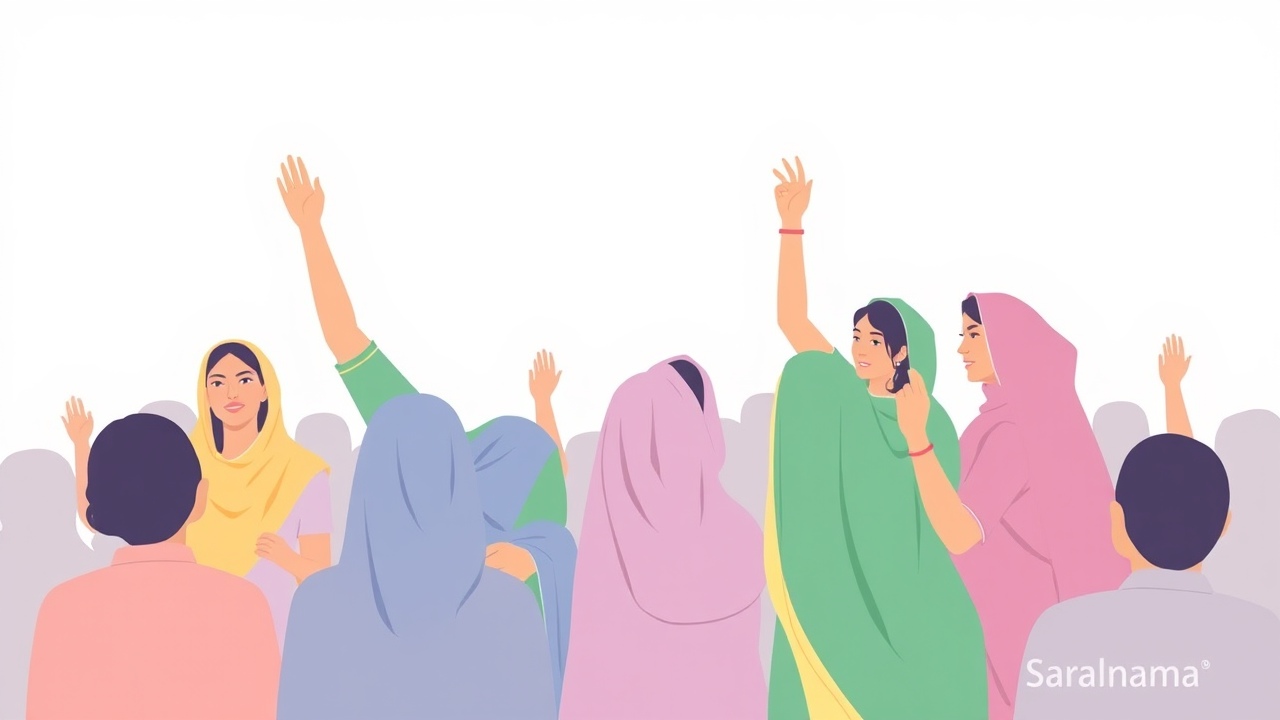The National Democratic Alliance (NDA) achieved a decisive victory in the 2025 Bihar election, securing 202 seats in total. The Bharatiya Janata Party won 89 seats while the Janata Dal (United) captured 85, each contesting 101 constituencies. Chief Minister Nitish Kumar's enduring appeal, particularly among women voters who turned out nearly 9 percentage points higher than men, played a crucial role. The coalition's success stemmed from strategic social engineering, extensive welfare programs, and a strong caste combination spanning upper castes, non-Yadav Other Backward Classes, Extremely Backward Classes, and Dalits. Generous pre-election financial assistance totaling Rs 56,000 crore annually helped neutralize anti-incumbency sentiment. Schemes like free electricity for 1.64 crore families, the popular 'dashazari' program providing Rs 10,000 to women entrepreneurs, and increased social security pensions resonated widely. Prime Minister Narendra Modi's influence and central government initiatives further strengthened the 'double engine' government narrative, cementing the landslide outcome.

Women Empowerment and Self-Help Groups Drive Victory
Nitish Kumar's focus on women's welfare emerged as a decisive factor. He implemented 50% reservation for women in panchayats early in his tenure and launched educational schemes including bicycles and uniforms for girls. The formation of over 11 lakh self-help groups, known as 'Jeevika didis', created a powerful grassroots network. These groups mobilized women effectively, resulting in a 71.6% female voter turnout. The recently introduced Mukhyamantri Mahila Rojgar Yojana, offering Rs 10,000 initial payments to eligible women entrepreneurs, gained immense popularity. Women dominated NDA rallies, contrasting sharply with opposition gatherings. This constituency transcended traditional caste lines, establishing what analysts described as a 'caste-neutral' women's bloc that proved instrumental in the coalition's success.
Strategic Caste Alliances and Welfare Spending
The NDA constructed an unassailable social coalition bringing together upper castes, non-Yadav OBCs, EBCs, and Dalits. Partners Upendra Kushwaha and Jitan Ram Manjhi consolidated additional OBC Kushwaha and EBC Dhanuk support. Nitish Kumar successfully attracted 36.01% EBC voters through targeted measures including 20% reservation in panchayati raj institutions since 2016. Pre-election welfare initiatives worth Rs 56,000 crore annually reached an estimated 70-80% of voters. Key schemes included 125 MW free electricity benefiting 1.64 crore families and raised social security pensions from Rs 400 to Rs 1,100 monthly. Central government programs providing 5 kg free food grain and various infrastructure announcements by Prime Minister Modi reinforced the 'double engine' government appeal, countering anti-incumbency effectively.
Source: Link
